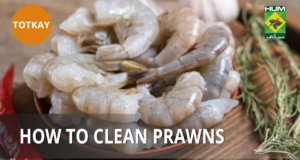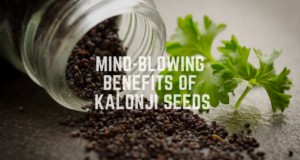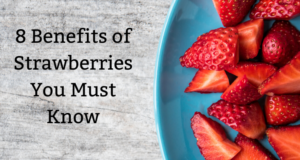How to boost your immune system?

With the increasing spread of Coronavirus (COVID-19) all across the world, people are still wondering if there is some way they can save themselves from this virus.
Certain precautions are obviously needed. Staying at home and social distancing should be integral part of our lives now. We need to understand that the situation will get worse of we do not handle it with care.
However, what can be done is that we can work towards a stronger immune system so that this does not affect us. To boost immune system what can be done is that there are certain foods that help in boosting the immune system which in turn will decrease your chances of catching the virus or any other disease.
Here are ways in which you can boost your immune system:
Diet
Eating a low-fat, plant-based diet may help give the immune system a boost. The immune system relies on white blood cells that produce antibodies to combat bacteria, viruses, and other invaders. Vegetarians have been shown to have more effective white blood cells when compared to nonvegetarians, due to a high intake of vitamins and low intake of fat.1
Eating a low-fat diet may also be protective. Studies have shown that limiting dietary fat helps strengthen immune defenses. Research also shows that oil may impair white blood cell function and that high-fat diets may alter the gut microbiota that aid in immunity
Vitamins, Minerals, and Antioxidants
Studies have shown that fruits and vegetables provide nutrients—like vitamin C, and vitamin E—that can boost immune function. Because many vegetables, fruits, and other plant-based foods are also rich in antioxidants, they help reduce oxidative stress.
- Vitamins C and E:Vitamins C and E are antioxidants that help to destroy free radicals and support the body’s natural immune response. Sources of vitamin C include red peppers, oranges, strawberries, broccoli, mangoes, lemons, and other fruits and vegetables. Vitamin E sources include nuts, seeds, spinach, and broccoli.
- Vitamin D: Research shows vitamin D supplementation may reduce the risk for viral infections, including respiratory tract infections, by reducing production of proinflammatory compounds in the body. Increased vitamin D in the blood has been linked to prevention of other chronic diseases including tuberculosis, hepatitis, and cardiovascular disease. Food sources of vitamin D include fortified cereals and plant-based milks and supplements.
- Zinc:Zinc is a mineral that can help boost white blood cells, which defend against invaders. Sources include nuts, pumpkin seeds, sesame seeds, beans, and lentils.
Sleep
Our bodies need sleep to rest and recharge. Without a sufficient amount of sleep, we increase our risk for developing serious health problems—like heart disease, Alzheimer’s disease, and obesity. Inadequate sleep has also been linked to suppressed immune function. One study found that those who sleep fewer than five hours per night are more likely to have recently suffered a recent cold compared with those who sleep more.






















